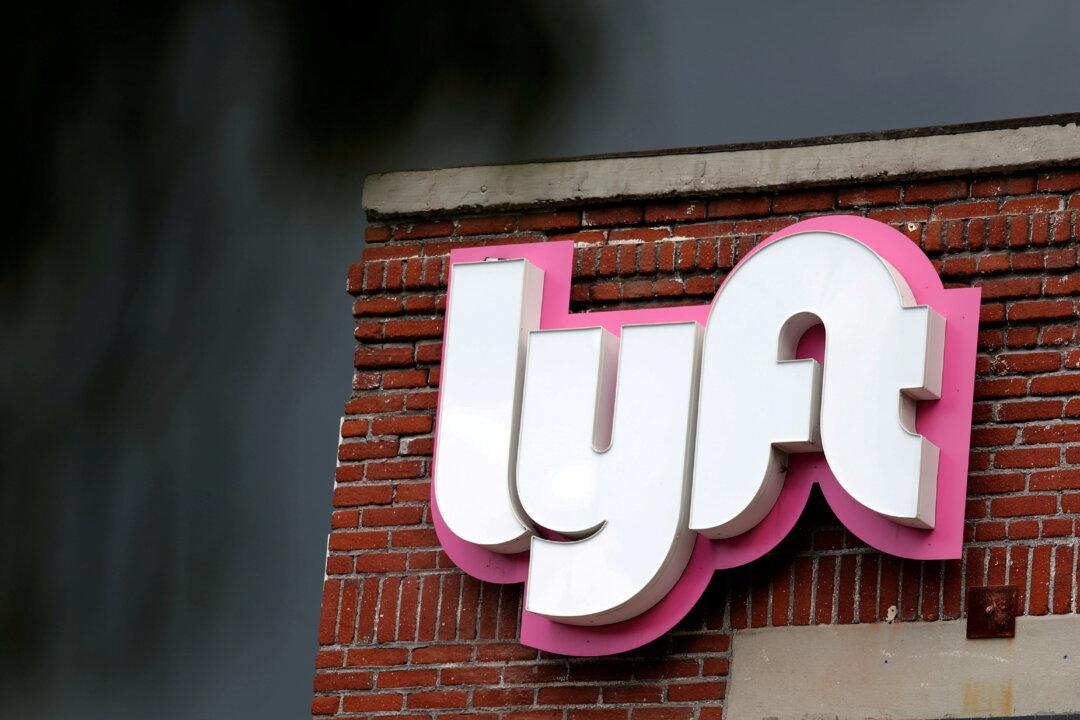Ride-sharing company Lyft is laying off 13 percent of its staff, or about 700 employees, excluding drivers, as part of cost-cutting measures amid decades-high inflation in the U.S. economy where the company operates primarily.
“We are not immune to the realities of inflation and a slowing economy,” said Lyft co-founders Logan Green and John Zimmer on Thursday in a company email. “We need 2023 to be a period where we can better execute without having to change plans in response to external events—and the tough reality is that today’s actions set us up to do that. It’s our responsibility to take ownership of these decisions and, in the end, protect the future we’re building for the drivers and riders we serve.”





